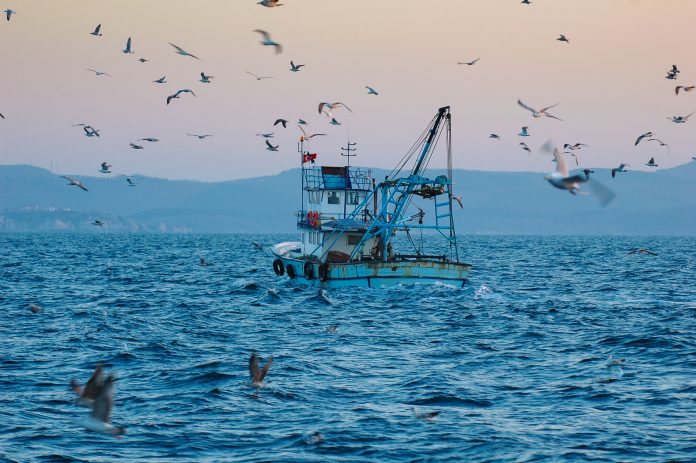The UK Government has stripped an amendment from the Fisheries Bill, turning their back on making sustainability the prime objective of the bill
The Fisheries Bill enables the UK to become an independent coastal state, post-Brexit.
Earlier this year, amendments were introduced when the Bill passed through the House of Lords. It included efforts to make sustainability the focus of the bill and to protect against short-term political decisions which may lead to overfishing.
The decision was supported by a coalition of environmental charities, including the Marine Conservation Society alongside cross party support in the House of Lords. However, during the Committee Stage of the Fisheries Bill yesterday (8 September), the Government has now stripped the Bill of the amendment.
UK business demand sustainable fishing
Major retailers also voiced their support for the original amendment, and in a joint letter by the Sustainable Seafood Coalition (SSC), they demanded that the Government address the many issues in the Fisheries Bill and argued the current ineffective management of fisheries limits the ability of fishing communities to sell to UK businesses.
Businesses under the SSC include retailers Tesco, J. Sainsbury, Marks and Spencer, Morrisons and Lidl, and many of the UK’s largest processors and suppliers.
The joint letter stated: “Instead, a more sustainably-minded fisheries bill could reduce reliance on imports, strengthen ties between national fisheries and seafood businesses, and improve responsible sourcing across the board, boosting the health of our oceans and their precious resources.”
SSC has demanded that the Government tackle issues such as setting sustainable fishing limits that are legally binding, robust monitoring and enforcement to better aid vital data collection, and sustainable management of shared stocks.
Not a case of ‘plenty more fish in the sea’
The government stripped the amendment which would have put sustainability as the prime objective of the Fisheries Bill.
If the Lords amendment had remained in the Bill, then it would have put sustainability at the heart of fisheries management in the UK, influenced sustainable policymaking for generations to come and allowed the government to fulfil their manifesto commitment to deliver on sustainable fisheries.
Sandy Luk, Chief Executive of the Marine Conservation Society, commented: “It’s incredibly disappointing that the government have turned their back on making sustainability the prime objective of the new Fisheries Bill.
“The government has missed its golden opportunity to give the UK’s seas the protection they desperately need.
“Without sustainability as the prime objective, it’s not just marine life that will suffer but also fishers and coastal communities who risk economic losses as fish populations continue to decline. This isn’t a case of ‘plenty more fish in the sea’.
“We will continue to push policymakers to put the health of our seas first and foremost. Healthy seas full of life contribute to thriving coastal communities and a prosperous fishing industry.”











